9 Types of Sushi with Salmon
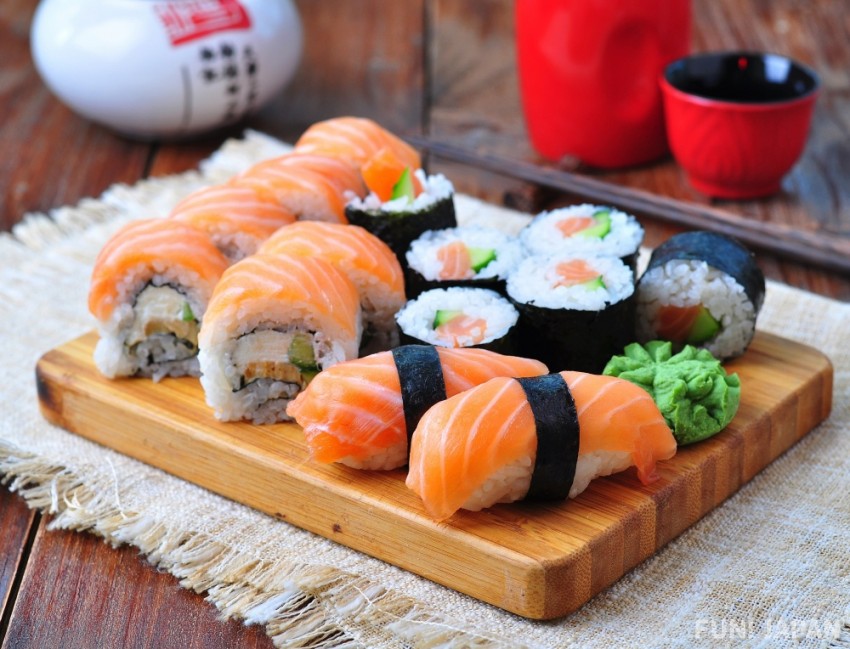
Colorful and visually appealing, the fatty salmon is one sushi that’s popular among visitors in Japan. With a wide variety of salmon being available at conveyor belt sushi chains, salmon sushi has become very popular among Japanese people within these last 20 years. However, what you don’t typically see is salmon sushi being served at more fancy and expensive sushi shops. What is the reason for this? Let’s solve this mystery and also check out 9 popular types of salmon sushi.
Why Some Established Sushi Shops in Japan Don’t Serve Salmon
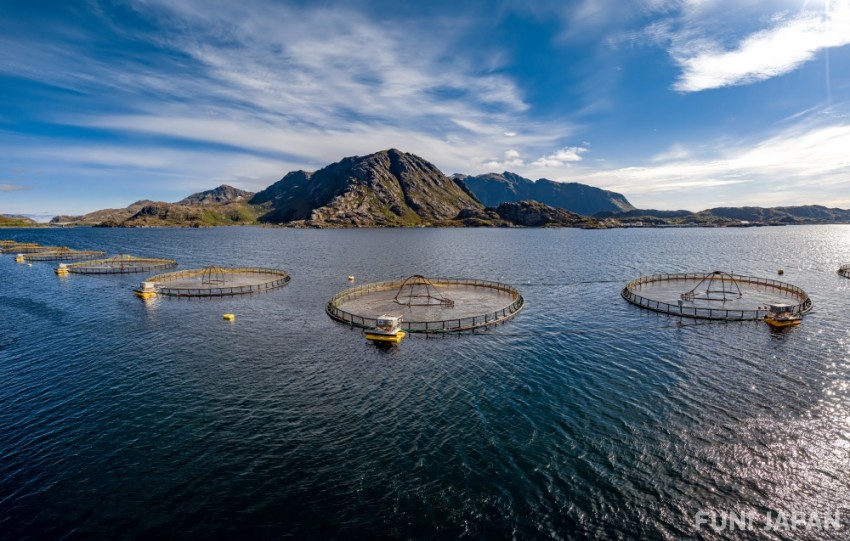
Salmon sushi can be found in supermarkets in Japan and even at conveyor belt sushi chains. So then, why don’t expensive established sushi restaurants not carry salmon?
Salmon used in sushi being Atlantic salmon from Norway
This is due to salmon used in sushi not being Japanese salmon, but Atlantic salmon from Norway. Restaurants that take pride in serving fresh domestic fish may not carry and serve any imported fish. However in some areas of Japan, fish similar to Atlantic salmon are farmed, such as rainbow trout, cherry salmon, and coho salmon. These fish both look and taste like Atlantic salmon, so you may have eaten this type of salmon without knowing it!
There’s no doubt that sushi with salmon is delicious. Now let’s go over 9 different kinds of salmon sushi preparation methods. How many of these do you know?
Salmon Nigiri
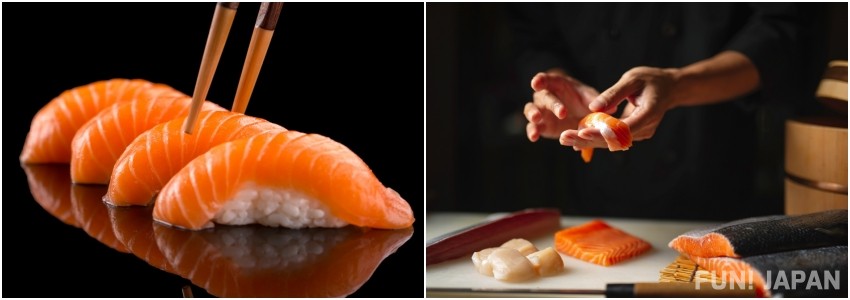
First is the basic nigiri sushi. The sweetness of the salmon fat combined with wasabi creates a distinct taste and is a reason for its popularity.
Aburi Salmon Nigiri
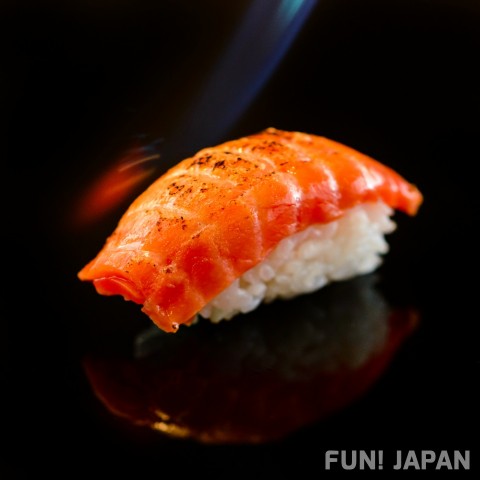
Aburi Salmon Nigiri is salmon nigiri that’s been seared on the surface. By searing, some of the wateriness is lost but the umami gets condensed. It also gives it some nice aroma.
Salmon Nigiri with Assorted Toppings
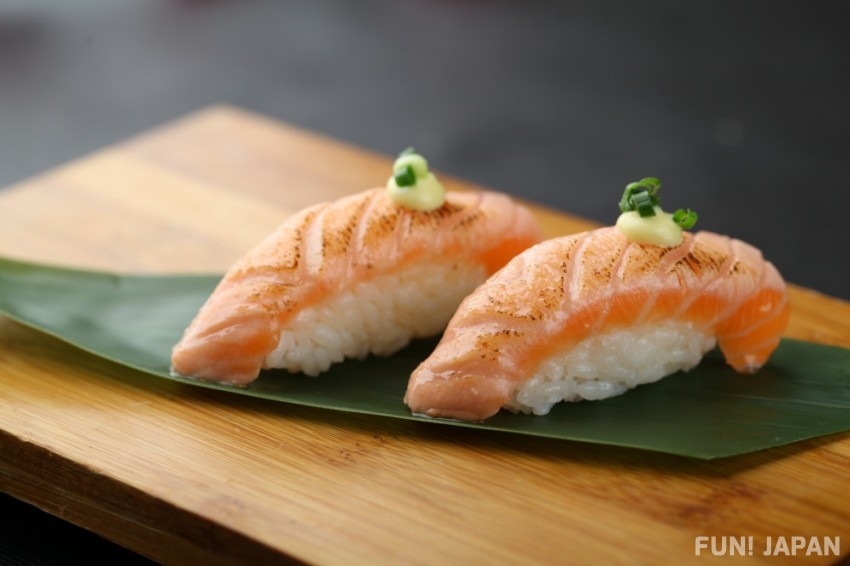
At some restaurants salmon nigiri is sometimes served with toppings on top of it, from mayonnaise to pickled plum. What is served varies with the restaurant, but usually it is usually a topping with a strong taste.
Salmon Temaki Sushi
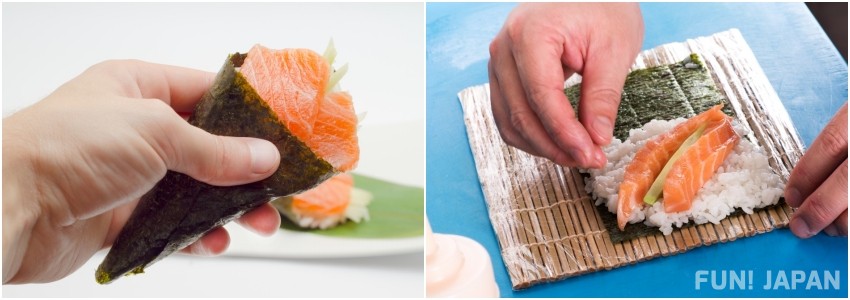
Salmon Temaki, or salmon hand rolls are another classic way to eat salmon sushi. Easy to eat without getting your hands messy, this style is popular with kids.
Salmon Maki Sushi
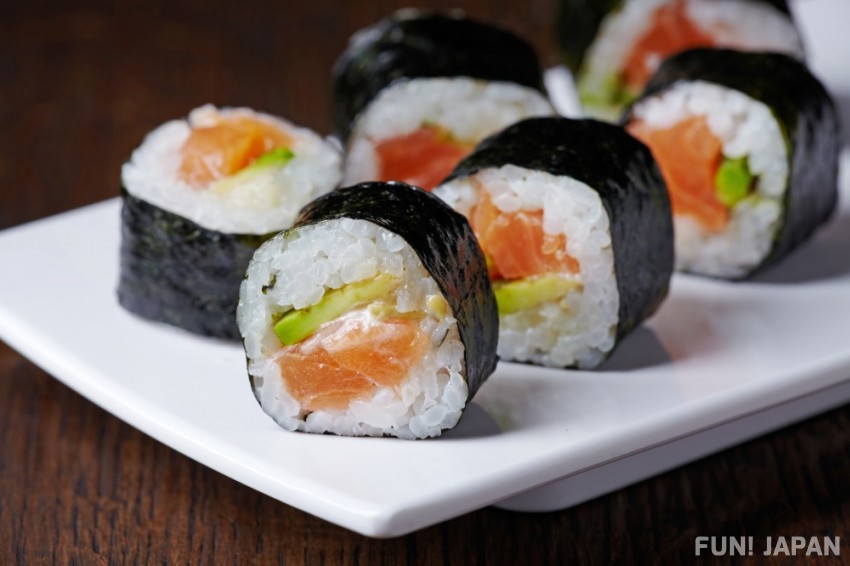
Classic salmon rolls. Salmon is bright in color, making salmon rolls a go to sushi roll for parties. Adding some greens like cucumbers and avocados help with making cleaner cuts.

The rolls are easy to make! Just spread some rice over nori and place your fillings. The white topping in the photo above is cream cheese. Various types of toppings make for good combinations, so try them out at home!
Salmon Hoso Maki Sushi
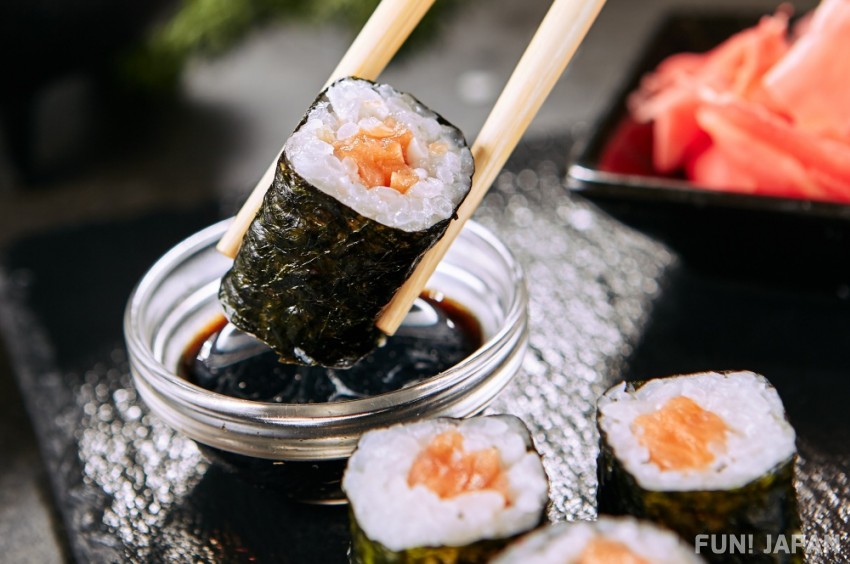
Similar to the rolls mentioned above, but salmon hosomaki’s only filling is the salmon itself.
Salmon Kazari Maki Sushi
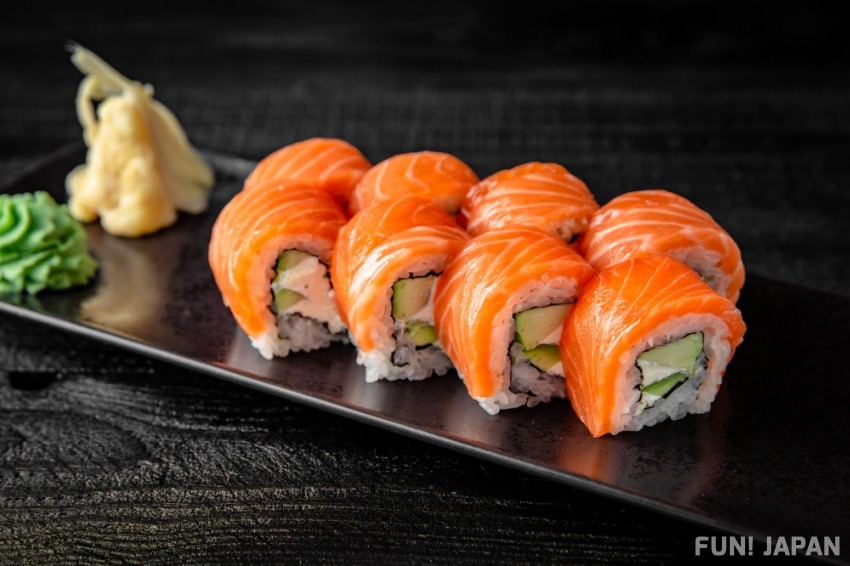
Regular sushi rolls are rolled with nori, but rolls like these have the fish wrapped over them. Kazari maki means “decorative rolls” and are great at parties.
Salmon Oshizushi
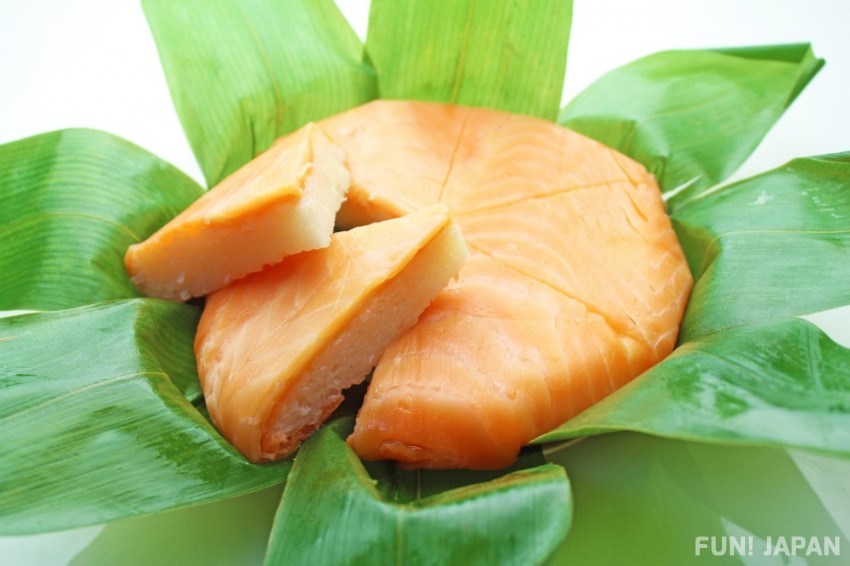
This sushi does not actually use salmon, but trout is used instead. It’s a local cuisine of Toyama Prefecture, and is sold as a type of train station bento, so visitors travelling in Japan may be familiar with this type of sushi. Vinegar rice is put into a mold, and with the trout on top, it is pressed down on. Oshizushi means “pressed sushi.”
Salmon Zuke Donburi
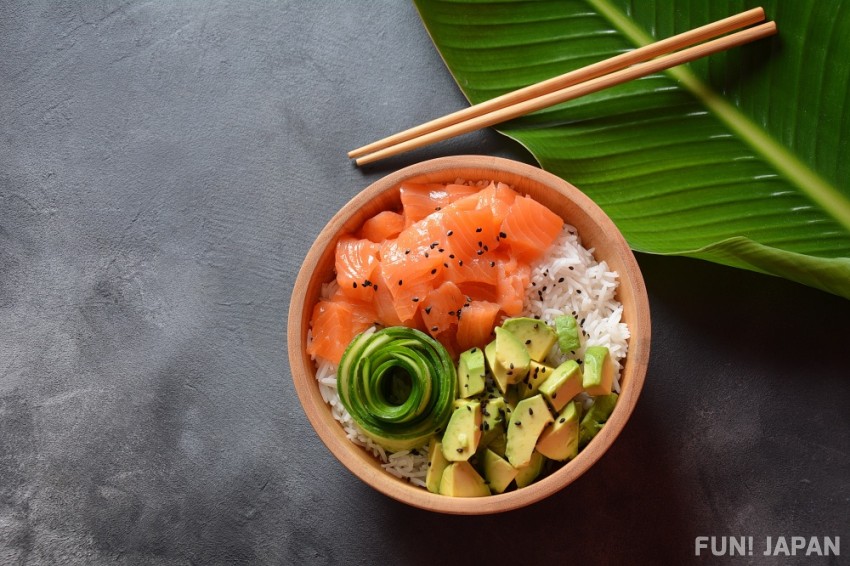
Salmon zuke is marinated salmon. “Donburi” is a dish where different ingredients and toppings are placed on top of white rice. Salmon zuke is marinated in soy sauce, sake, and sesame seed oil. This is then placed on white rice along with avocados and cucumbers.
